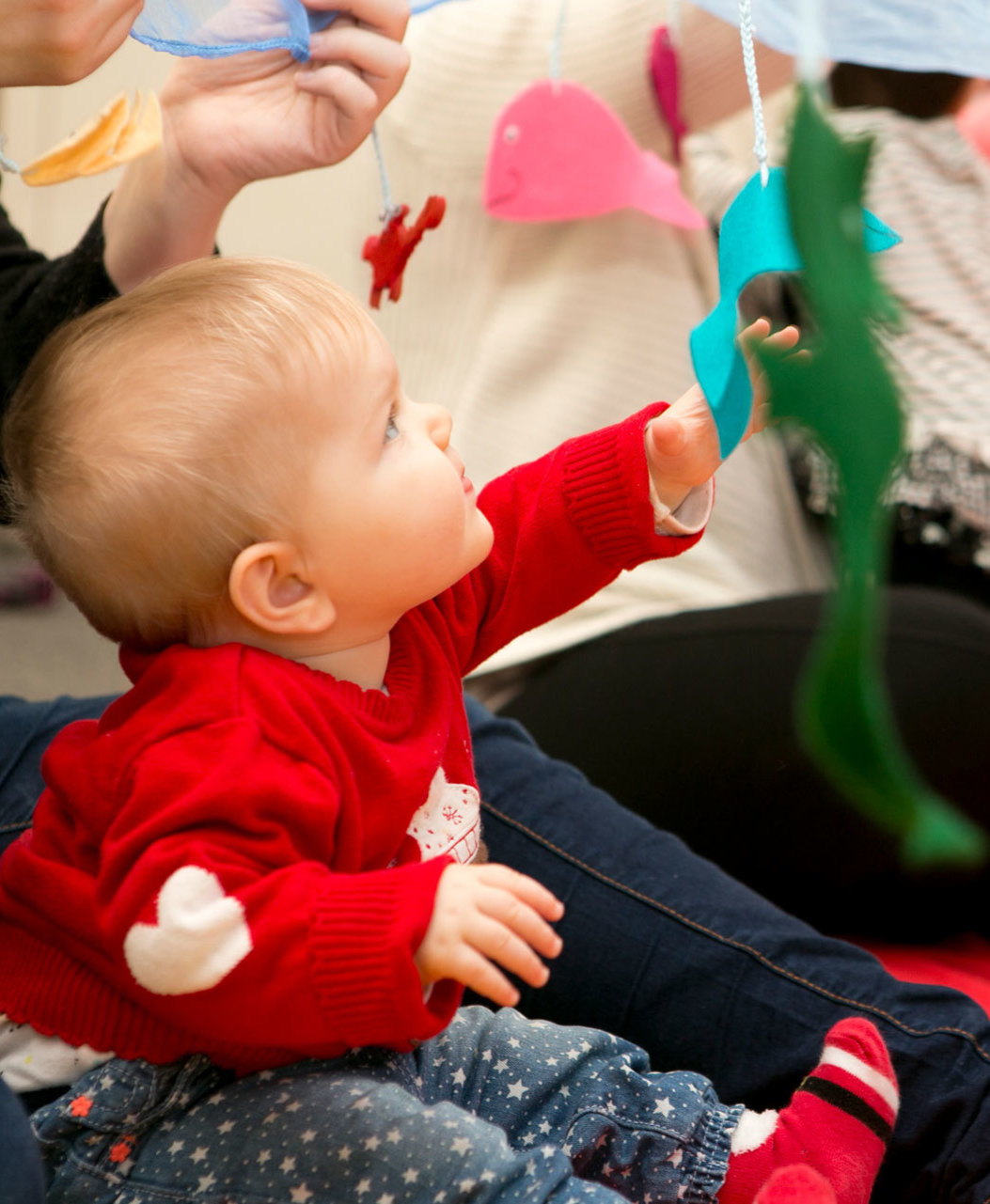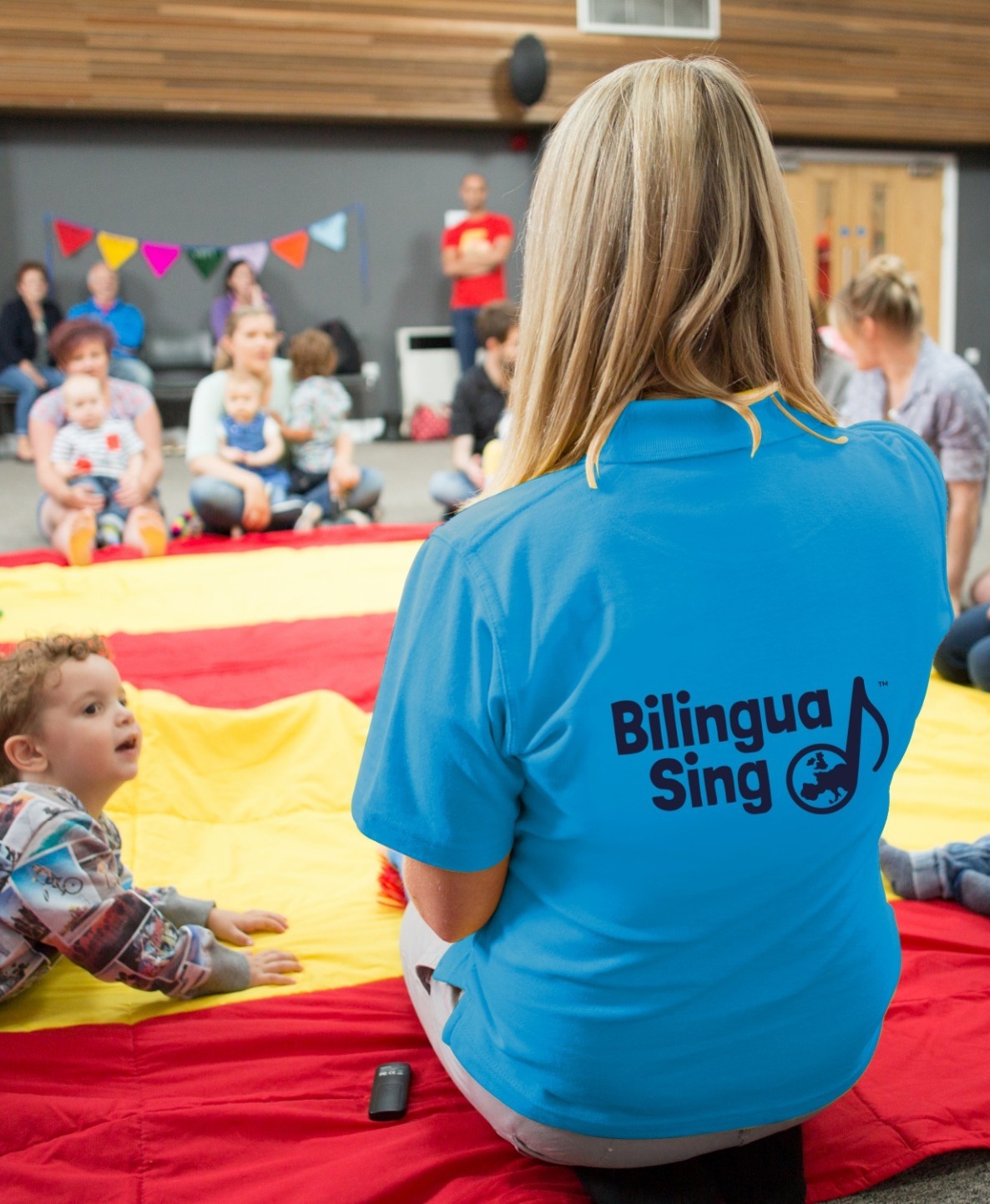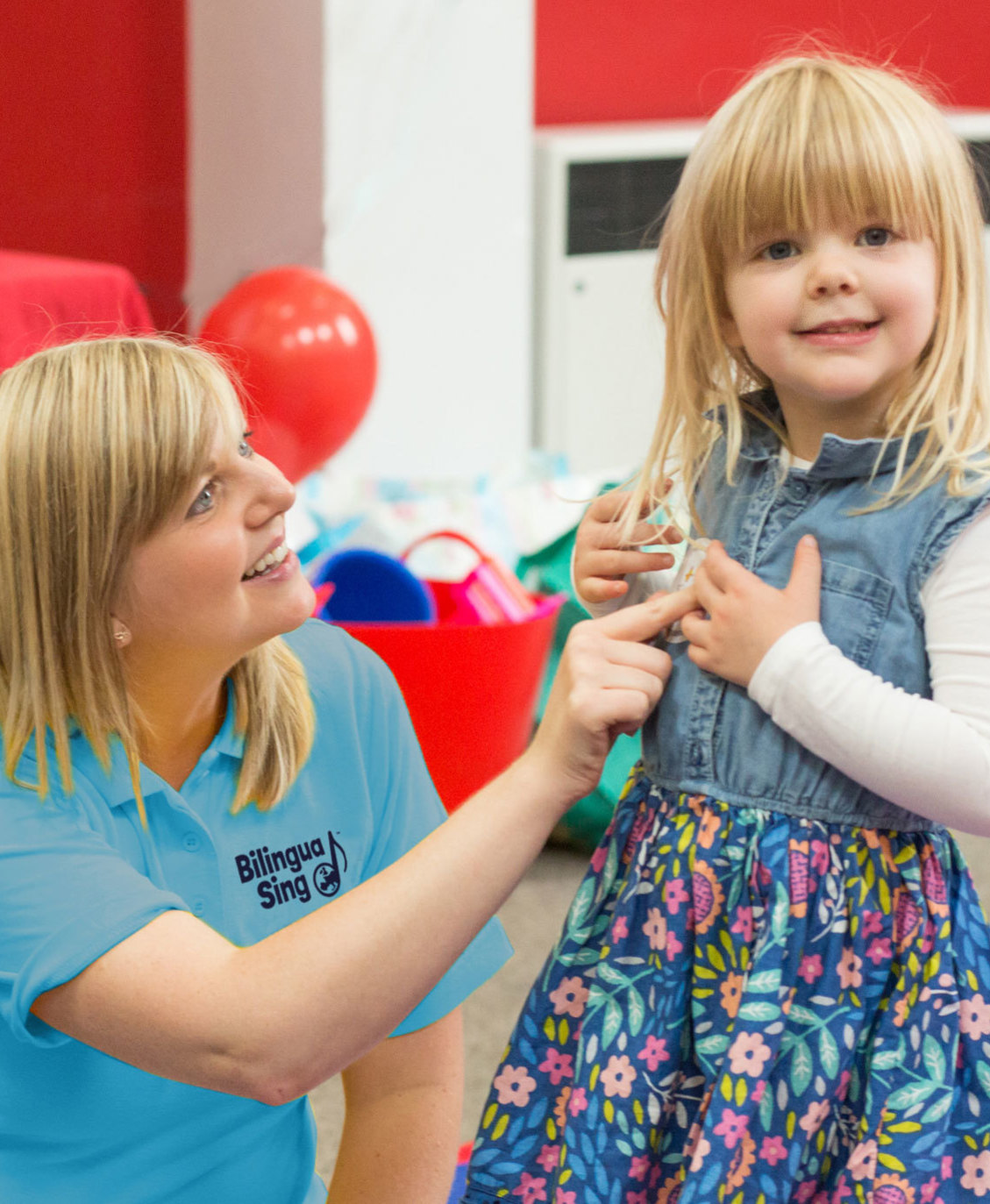Benefits of language learning
What’s the best age to start learning another language?
Babies & toddlers are like sponges when it comes to learning, so the earlier they’re introduced to another language, the better!
Decades of research suggests that introducing babies to a second language before they are 6 months old helps to shape the brain at its most flexible stage*.
As a child gets older, the brain's ability to restructure itself diminishes. And by a very early age (between 6 and 9 years old) this window of opportunity has virtually closed.
Which is why young children the world over can learn 1 or more languages almost effortlessly, while older children and adults struggle to become fluent or to develop good accents.

Our top 7 reasons for early language learning
But there are many more reasons to start learning a second language as early as possible, and here are our top 7 reasons why:

Boosts
brain power
Learning another language is like a workout for your baby’s brain! Studies show that bilingual children tend to have significantly larger density of grey matter, which is the part of the brain involved in muscle control, seeing and hearing, memory, emotions, and speech.
This extra brain power has been shown to give these children a head start in areas such as maths, reading and science; as well as heightened creativity, improved communication skills, wider vocabulary, enhanced memory and focus, and multi-tasking skills.

Enhances
speech development
While some parents worry that starting their toddler on a second language will interfere with developing English skills, the opposite is actually true. Incredibly, children can differentiate between 2 languages within the first weeks of life.
"Learning another language actually enhances a child's overall speech development," says Roberta Michnick Golinkoff Ph.D., co-author of How Babies Talk.

Increases
self-confidence
Imagine the feeling of accomplishment that comes with the first time they’re understood on holiday! And you’ll soon find this new-found self-confidence impacts other areas of their learning, too.

Enables an
accent
Babies are constantly absorbing the sounds they hear. And the more sounds they’re exposed to before they can actually talk, the easier they’ll find it to mimic the native accents of other languages. This also helps them learn additional languages more easily as they get older.

Competitive
edge
It may seem a long way off, but universities now place an increasingly high value on knowledge of more than 1 language. And a second language is becoming a highly sought-after asset on graduate CVs as it leads to cross-cultural understanding**.

Broadens
horizons
Children that are exposed to other languages tend to have a heightened curiosity for other cultures, and hence a greater appreciation and sensitivity towards others. This often leads them to naturally want to broaden their own horizons.

Helps ward off dementia
Learning a second language could also help protect their brains later in life. Studies have shown that certain types of dementia appear up to 5 years later for people who speak a second language compared with those who don’t.
** King, K. A., & Mackey, A. (2007). The bilingual edge: How, when and why to teach your child a second language. New York, NY: HarperCollins.












